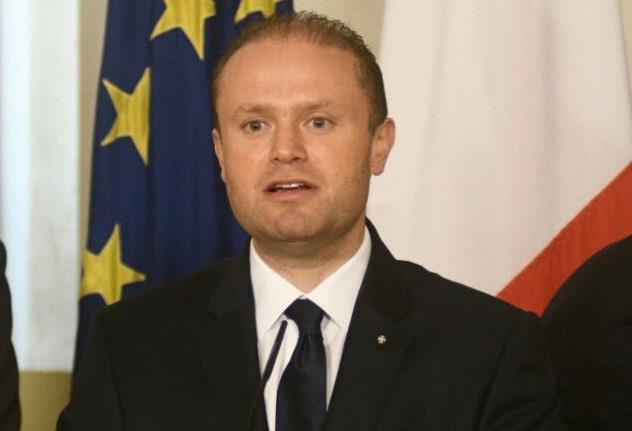Malta has ranked 20th in the world in the 2016 Global Youth Development Index (YDI), and fifth in the Commonwealth.
The YDI is a composite index of 18 indicators that collectively measure progress on youth development in 183 countries, including 49 of the 53 Commonwealth countries. It has five domains, measuring levels of education, health and wellbeing, employment and opportunity, political participation and civic participation among young people. The YDI is guided by the Commonwealth definition of youth as people between the ages of 15 and 29, while recognising that some countries and international institutions define youth differently. The YDI score is a number between 0 and 1. For a country to receive a perfect score of 1, it would represent the highest possible level of youth development attainable, with 0 reflecting little to no youth development.
The Commonwealth is home to one-third of the global youth population. Over the past five years, youth development in the Commonwealth has registered larger gains than the global average. Collectively, there was a five per cent increase in the average YDI score of Commonwealth countries between 2010 and 2015.
The majority of countries ranked in the top 20 globally are in Europe, with Germany in the lead, closely followed by Denmark and Australia. The country with the lowest global YDI score is the Central African Republic.
Malta ranks 12th in the Health and Wellbeing category, 41st in the Education category and 22nd in the Employment and Opportunity section. Malta also ranked 18th in Civic Participation, but ranked 93rd in Political Participation. Malta’s overall score for 2016 was 0.794.

Young people are ‘bubbly’
Prime Minister of Malta and Chair-in-Office of the Commonwealth Joseph Muscat wrote in the Forward section of the report. “Young people see what is around them in a fresh light and itch to improve what is their inheritance – they are bubbly and full of inspiring ideas, and they have a strong voice and the ability to make a huge difference worldwide. It is therefore important that young people are empowered and given the opportunity to reach their full potential. Such a goal can only be achieved through investing in their skills, harnessing their energy, encouraging their ambitions, and providing opportunities to further their education and participation in their local – and by default often the global – economy”.
“Youth development can be achieved even in low income countries by providing quality education and training and allowing young people to participate in the nation’s political, economic and social life,” Prime Minister Muscat said. He explained that health and well-being are also factors that weigh heavily in youth development, “and world leaders need to focus more on promoting mental and sexual health, as well as education and nutrition. Besides encouraging a healthy lifestyle, sport and physical activities also promote teamwork, responsibility and intercultural learning – all providing sound bases for young people’s roles in the future”.